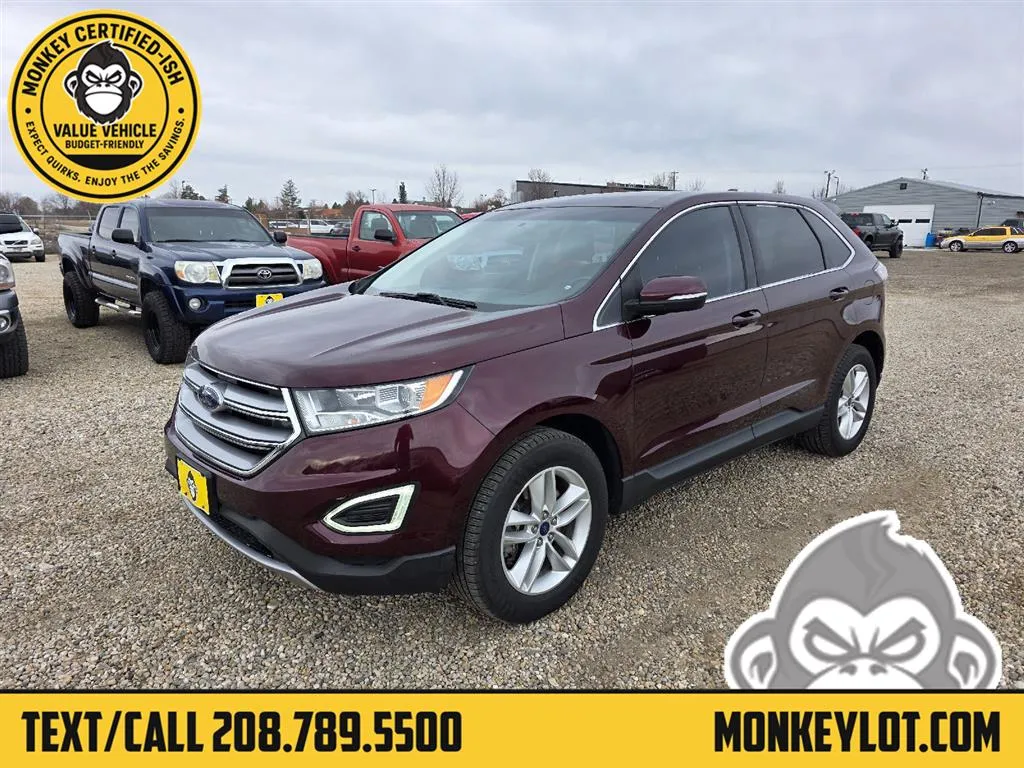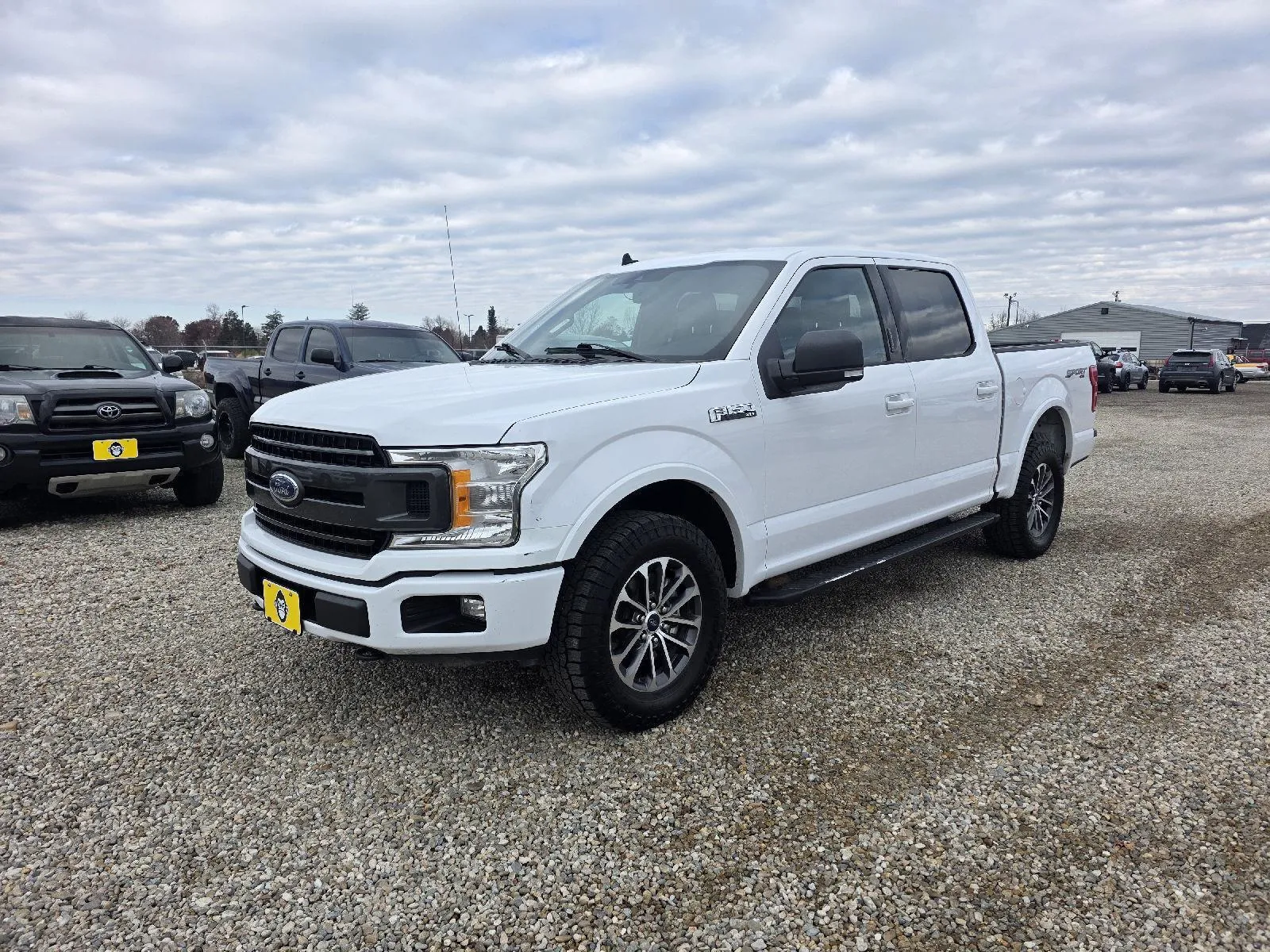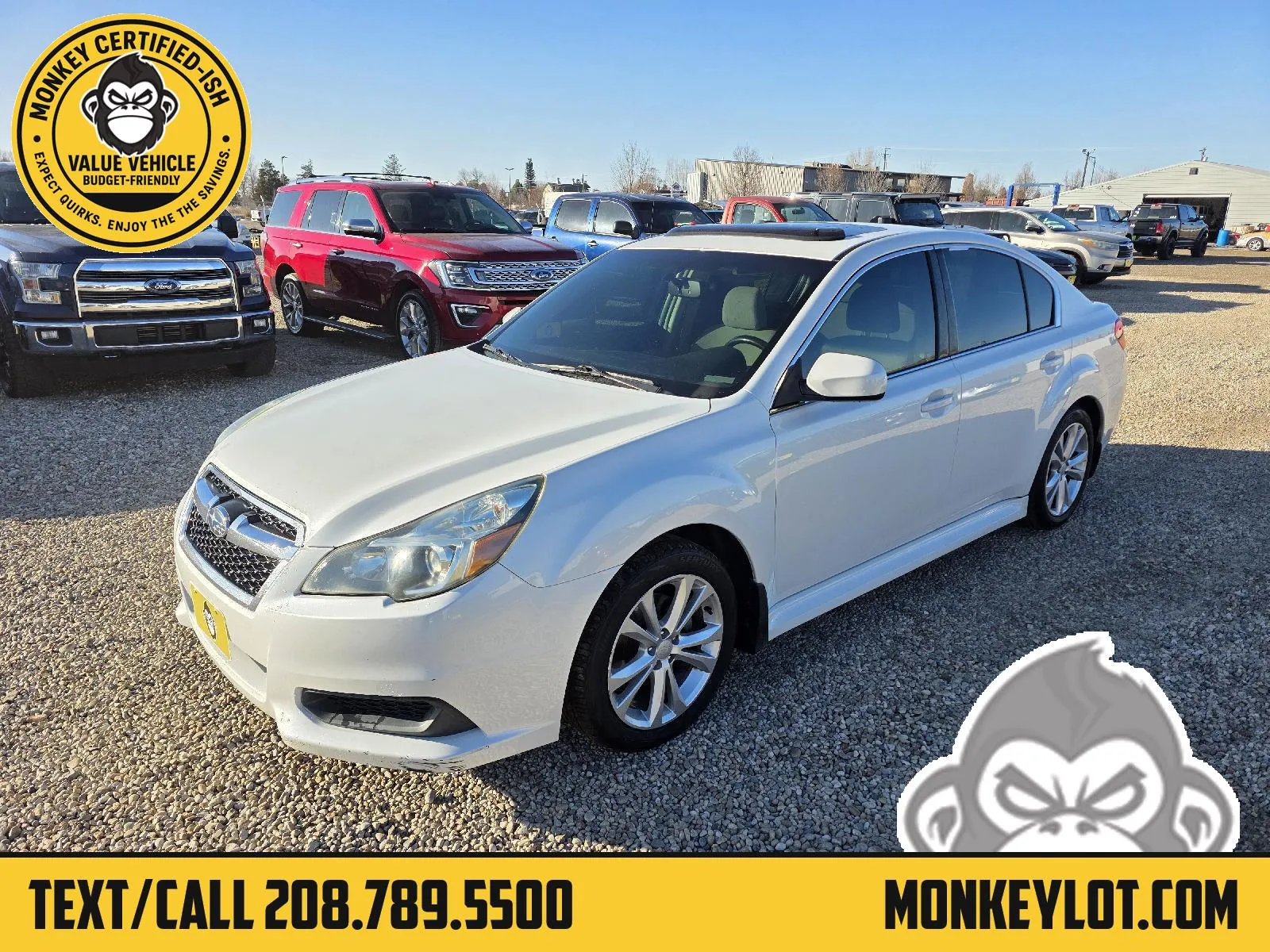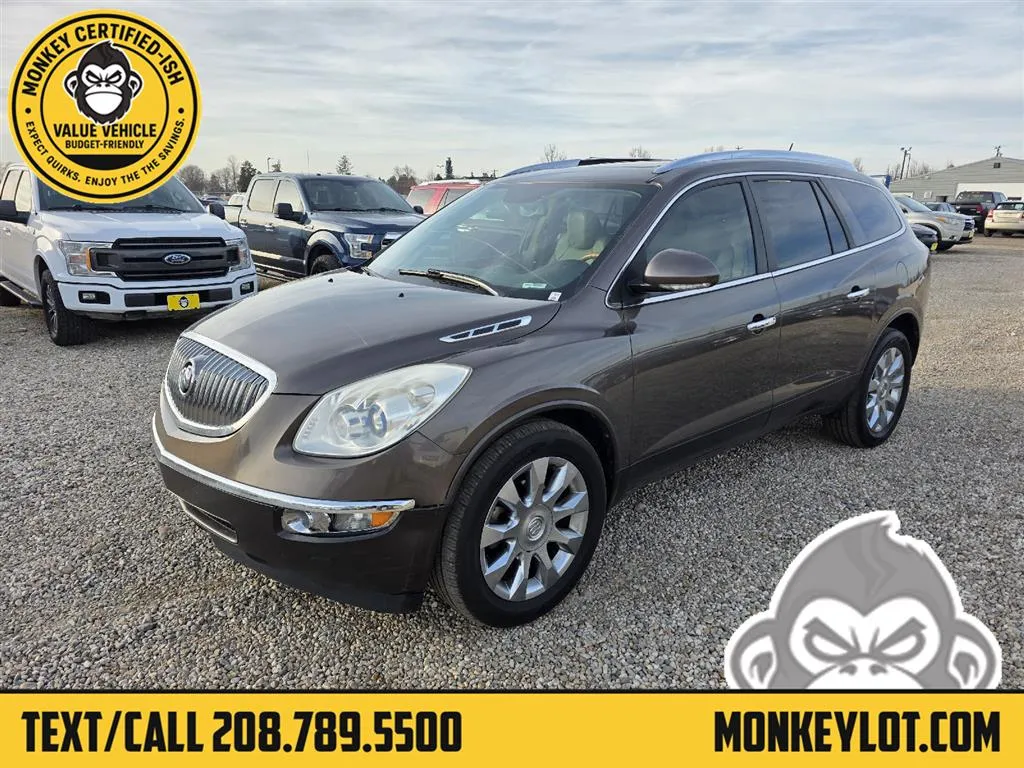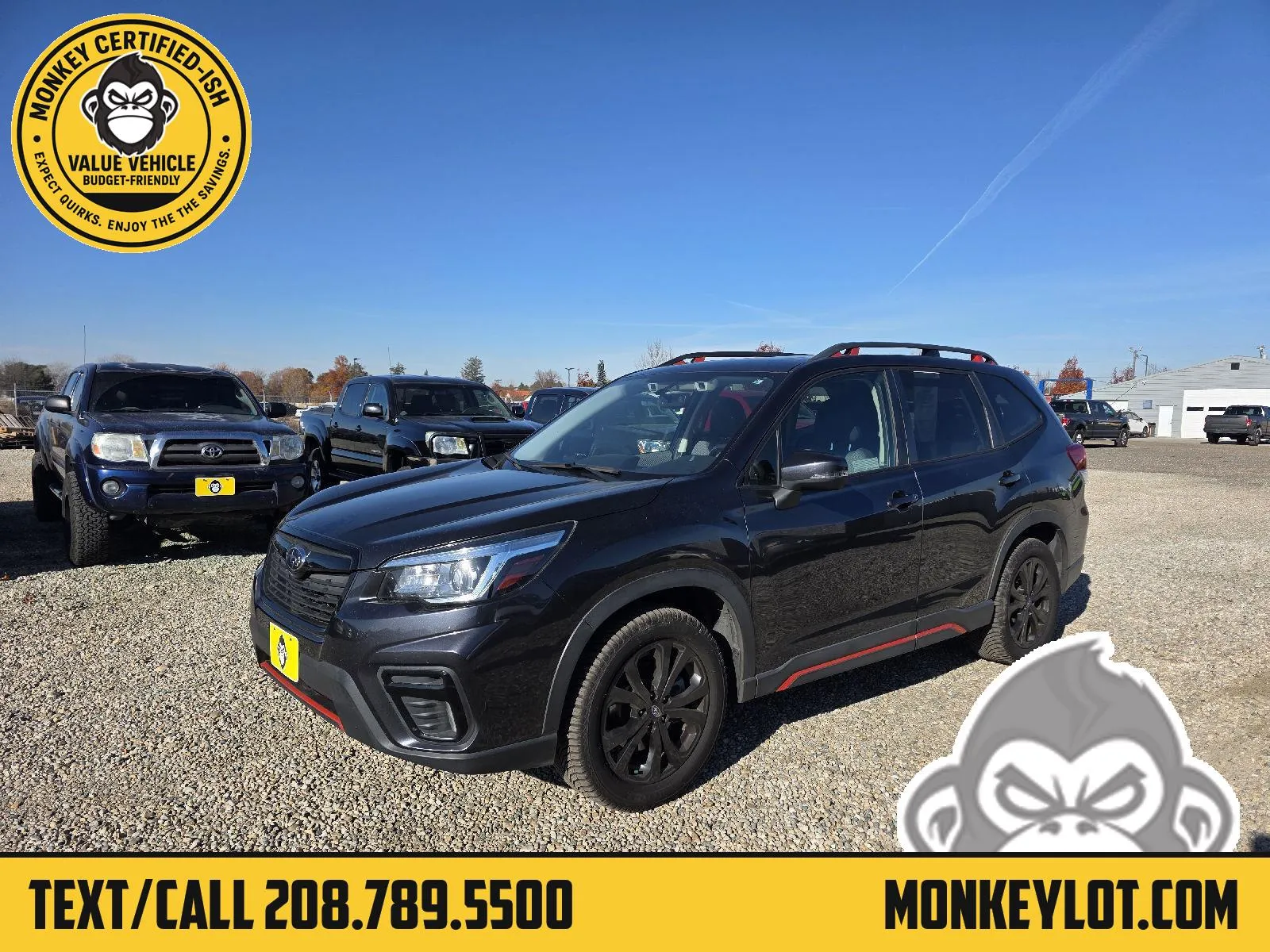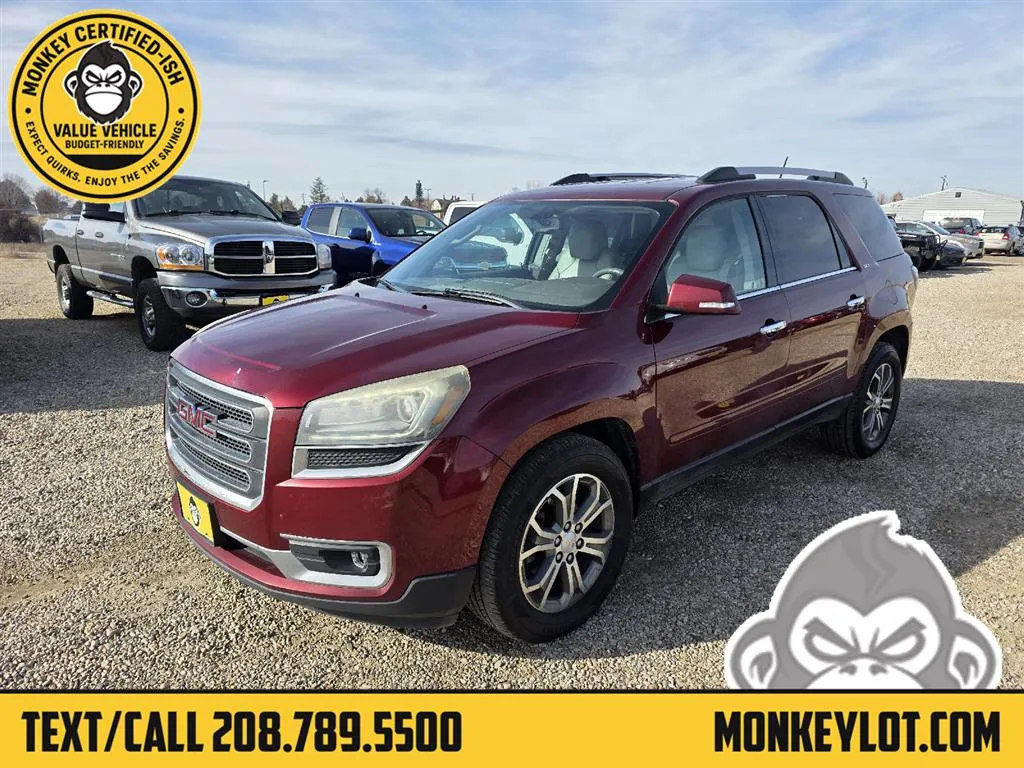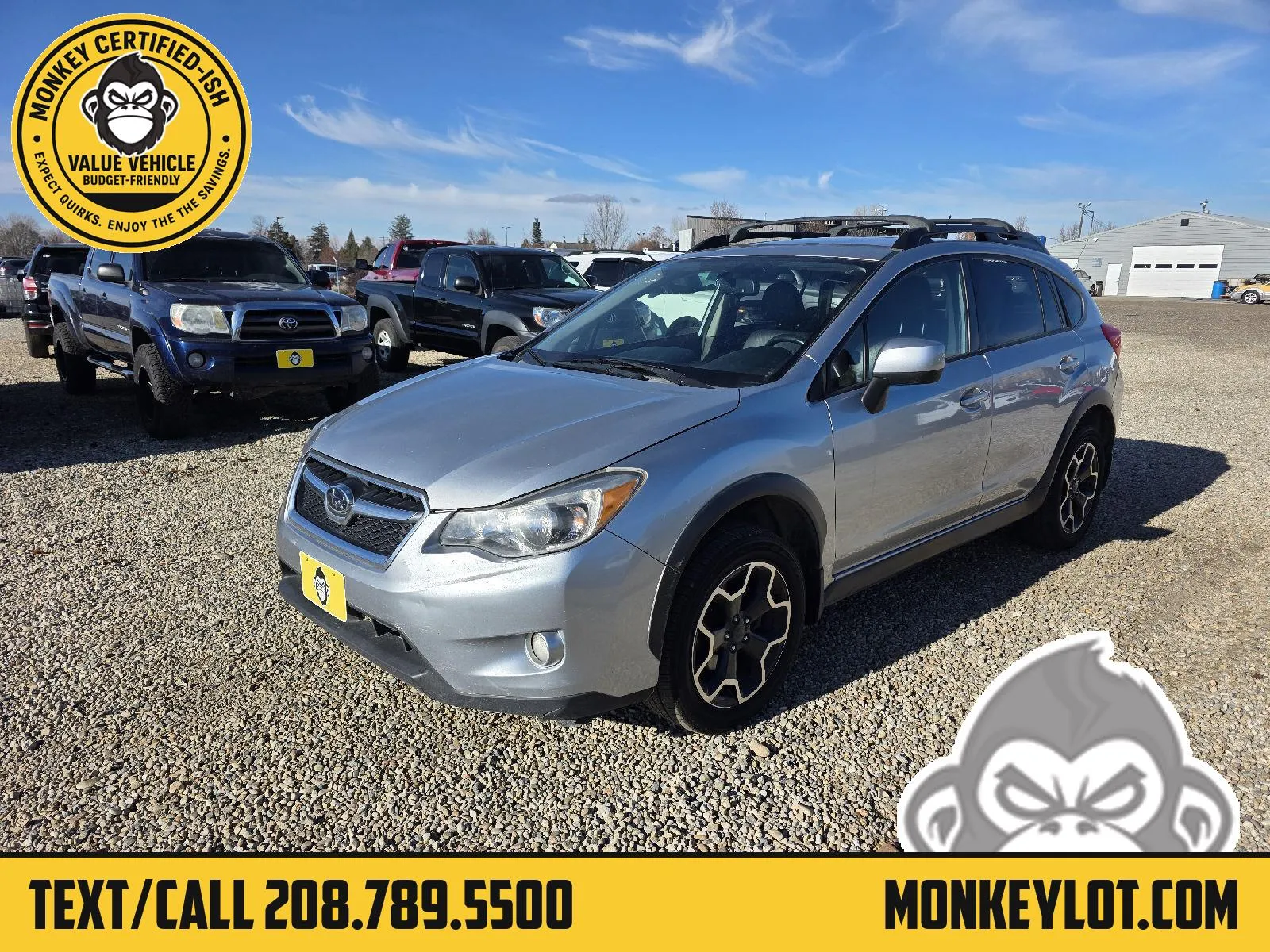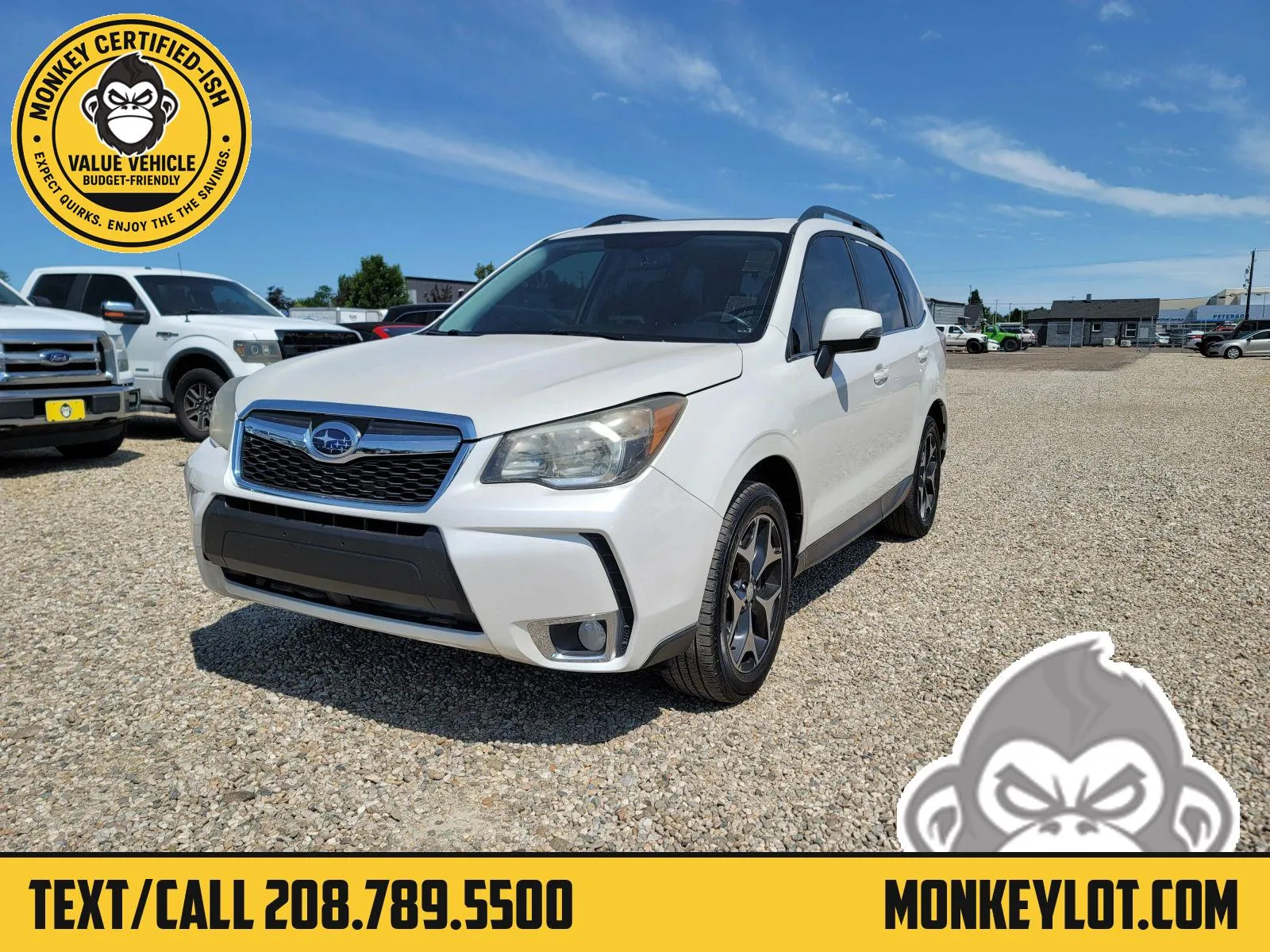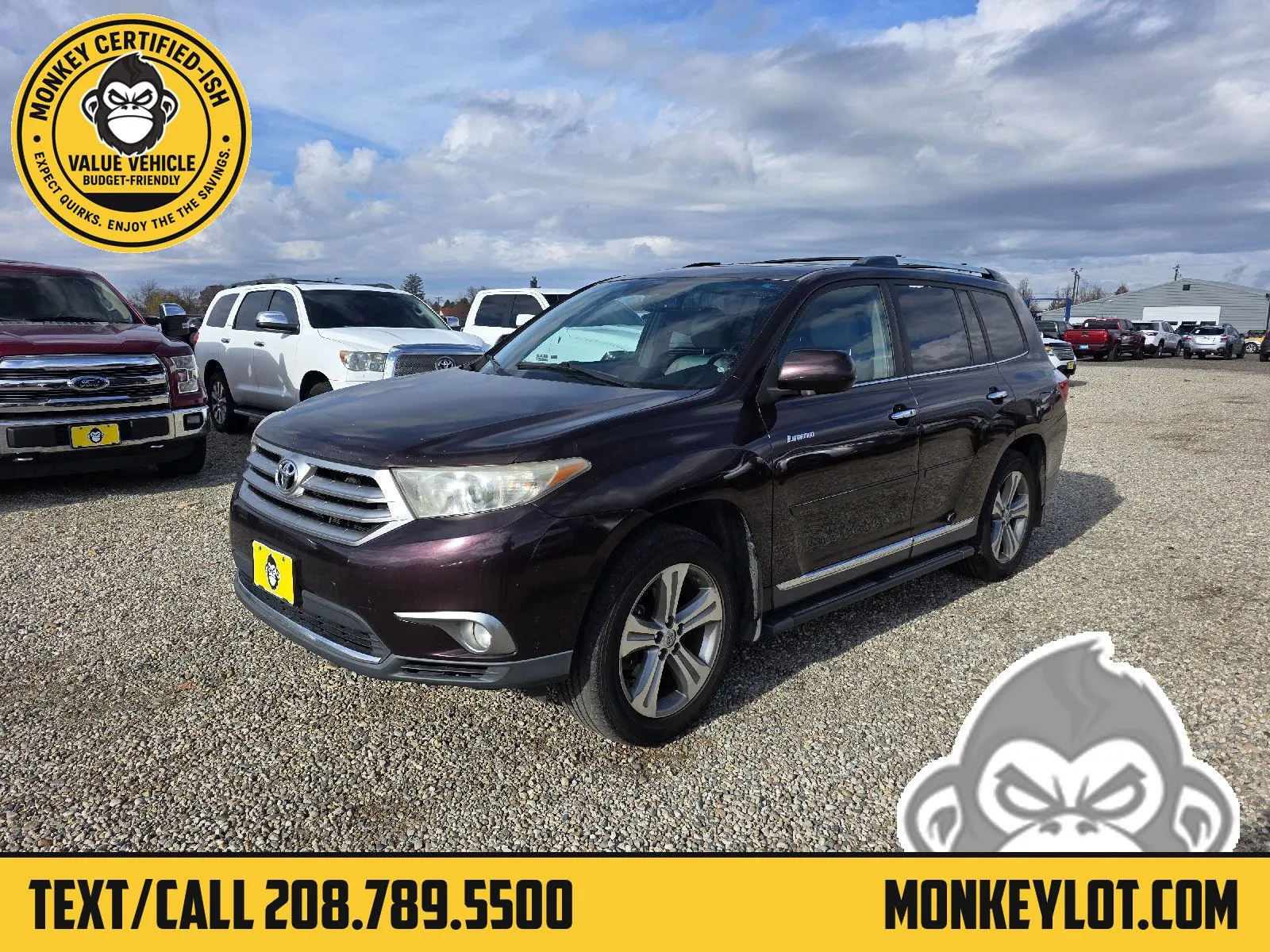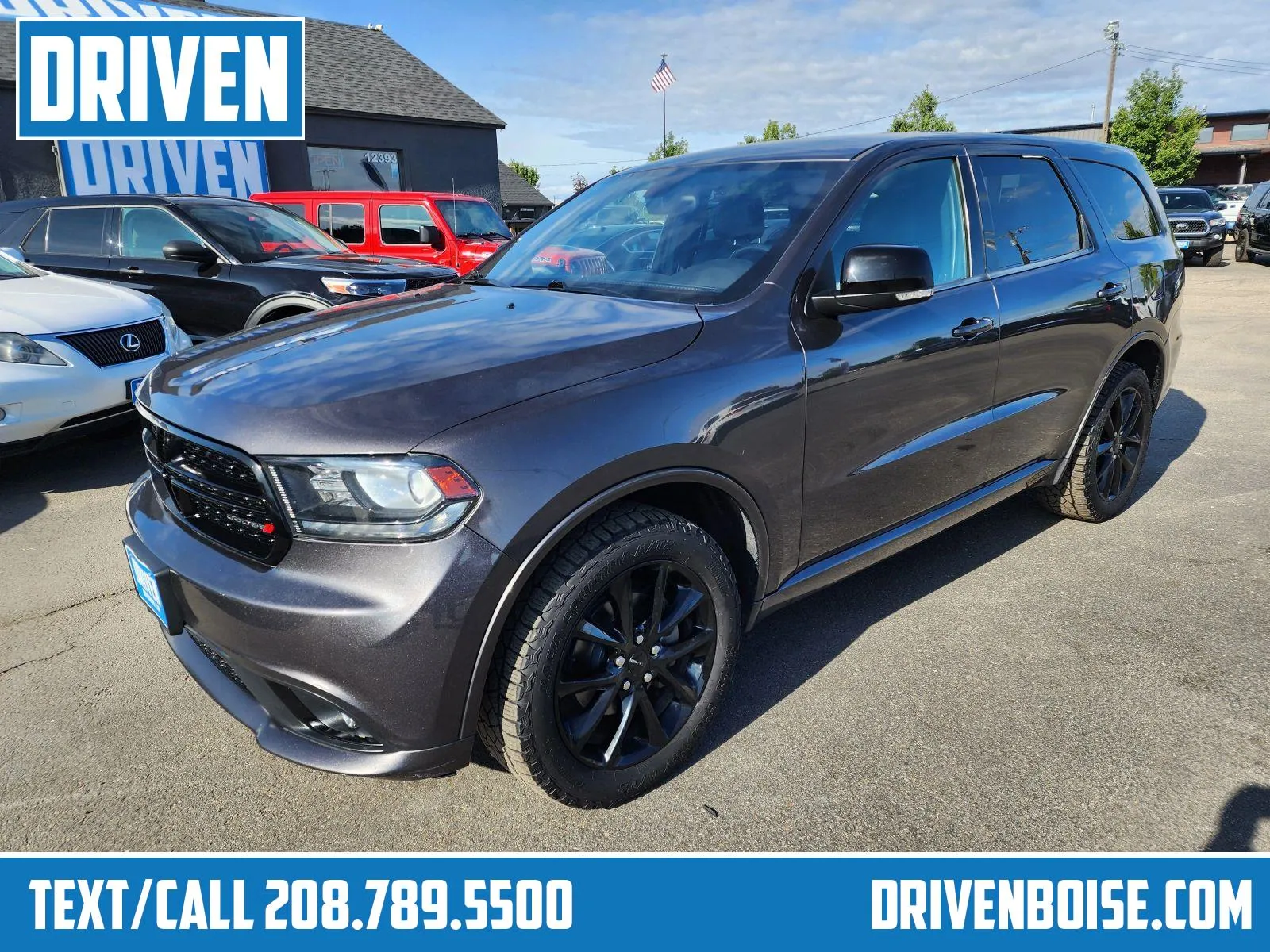The Smart Way to Budget for Your Used Car Purchase in Boise
Table of Contents
The Smart Way to Budget for Your Used Car Purchase in Boise
Welcome back to Driven's weekly blog, Boise's trusted source for insightful car buying advice. This week, we're focusing on a crucial aspect of the car buying process: budgeting. Understanding how to effectively budget for your used car purchase can remove a lot of stress and uncertainty, making your path to a new vehicle smooth and enjoyable.
1. Assess Your Financial Situation
Before browsing for cars, take a comprehensive look at your finances. Determine how much you can afford to spend without overextending yourself. Remember to consider not only the purchase price but also the ongoing costs of car ownership, including insurance, maintenance, fuel, and potential loan interest.
2. Calculate the Total Cost of Ownership
When budgeting for a used car, it's important to look beyond the sticker price:
- Insurance: Get quotes to understand how much you'll likely spend on insurance.
- Fuel Efficiency: Consider the average fuel costs based on the car's miles per gallon and your driving habits.
- Maintenance & Repairs: Set aside a budget for regular maintenance and unexpected repairs. While used cars at Driven are thoroughly checked, setting aside a maintenance budget is a prudent financial move.
3. Plan Your Financing
If you're considering a loan to finance your car:
- Loan Pre-Approval: Getting pre-approved for a loan can give you a clear picture of what you can afford and may provide negotiating leverage.
- Understand the Terms: Familiarize yourself with the loan's interest rate, duration, and monthly payment. Use online calculators to understand how different loan terms can affect your monthly budget.
4. Consider Your Down Payment
A larger down payment can reduce your monthly payments and the total interest paid over the life of a loan. Evaluate your savings to decide how much you can reasonably put down without draining your emergency funds.
5. Factor in Trade-In Value
If you're trading in a vehicle, research its current market value to understand how it can offset the cost of your purchase. Tools like Kelley Blue Book can provide a good estimate.
6. Set Aside a 'Cushion' for Unexpected Costs
Unexpected costs can arise, especially when you're dealing with cars. It's wise to have a financial cushion beyond the purchase price and initial fees to cover any unforeseen expenses during the first few months of ownership.
Driven's Commitment to Transparent Pricing
At Driven, we're committed to transparent, fair pricing. We believe in making the car buying process as clear and straightforward as possible, allowing you to make informed decisions without any pressure.
Budgeting for a used car involves careful consideration and planning. By taking a thoughtful approach to your finances, you can ensure that your car purchase is a decision that fits comfortably within your financial landscape.
Join us next week for more helpful tips from the team at Driven, your partner in the Boise used car market.


